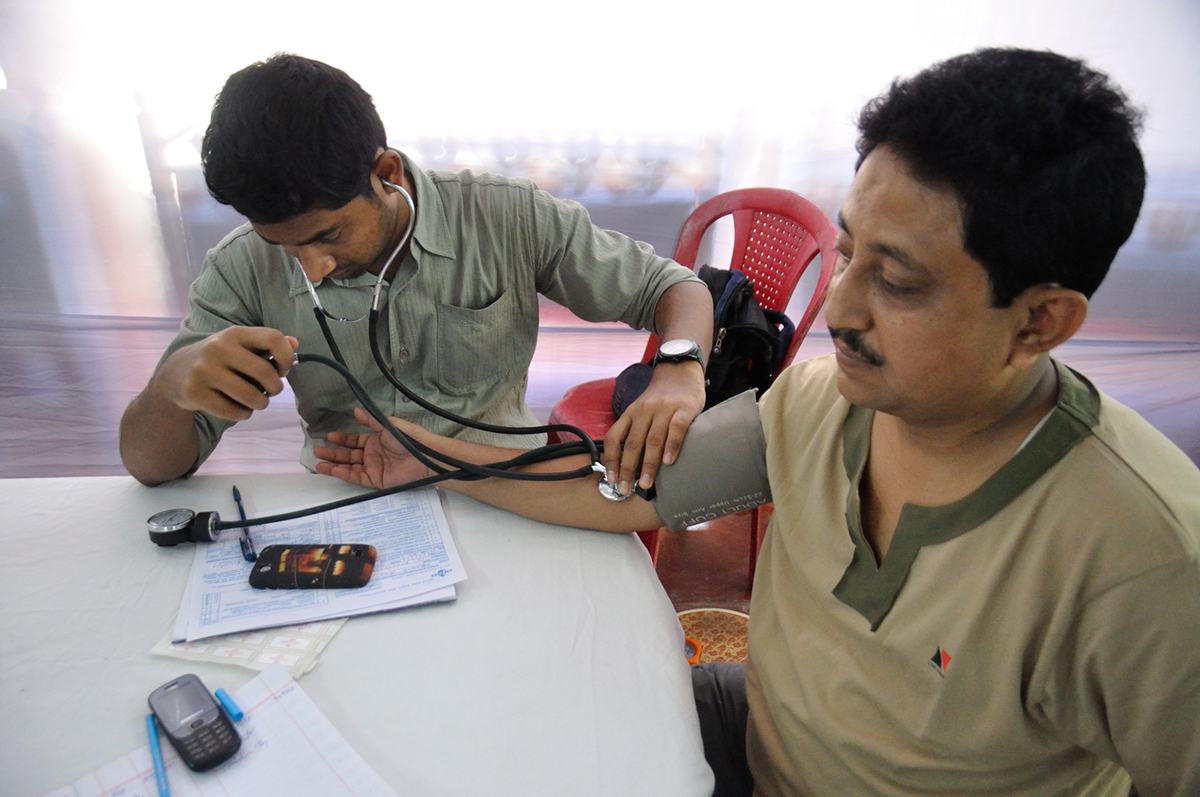
What is thalassemia and how to recognize it?
Thalassemia is a kind of blood disorder, which is also known as Mediterranean anemia. Its main characteristic is that the person has lower levels of hemoglobin and red blood cells than it is considered normal, which is why fatigue is primary symptom of this condition. Besides this, people might experience weakness, paleness, shortness of breath, dark urine, while more severe symptoms are slow growth, deformities of the facial bones and protruding abdomen. Given that this blood disorder is congenital in nature, it does not mean that the baby will develop symptoms at birth; it might take some time for the first signs to show up, while there are people who might never develop any symptoms because in their case, only one alpha hemoglobin gene is affected.
Is there a way to treat and cure it?
Even though it might sound serious, this condition is rarely severe and in the majority of cases, it does not even have to be treated. However, there are cases that do require steps such as blood transfusion, and those cases refer to situations after some surgery, delivery, or after developing some infection. What can help in cases of thalassemia is definitely certain change in the diet, because there are foods that provide the body with more energy and that can help in the improvement of the blood test results.
What happens rather frequently in cases of people who suffer from thalassemia is that iron builds up in their body (in the blood, to be more precise), which can have negative effect on the heart, liver and some other organs. For this reason, it is necessary to check these levels and take certain medications that help in getting rid of the excessive amounts of this element. The most severe cases of this disorder require bone marrow transplant or a transplantation of stem cells, but these procedures bear significant amounts of risks.
What everyone who has this disorder can benefit from is definitely healthy diet, the one that contains all the necessary nutrients that boost the energy and contribute to the overall health of an individual. It is recommended not to take in additional amounts of iron unless the doctor suggests it, but minerals such as calcium, zinc and vitamin D should be added or increased because they help in maintaining healthy bones. It is recommended to try to avoid infections, particularly if a person had the spleen removed.


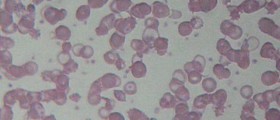
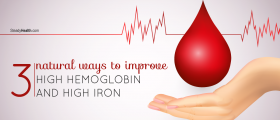
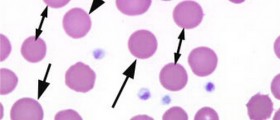
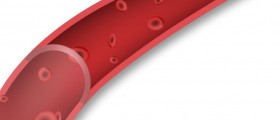
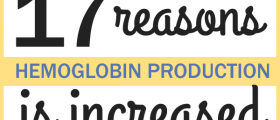
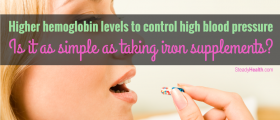



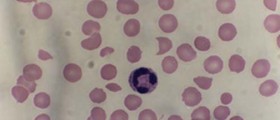

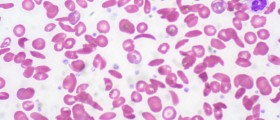
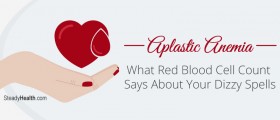


Your thoughts on this
Loading...